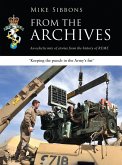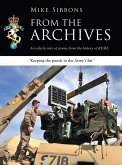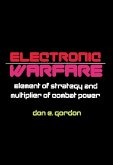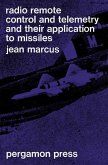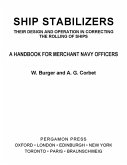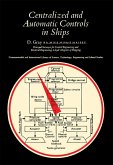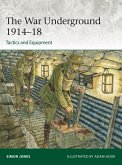War Winners is a fully illustrated description of the impact of science and technology on war from the days of the American Civil War to Vietnam. The rise of the machine-gun and the attempts to counter it with chemical warfare and the tank lead on to the birth of radar and the astonishing galaxy of scientific equipment with which both sides fought the Second World War. The devices of the Petroleum Warfare Department, the attempts to destroy Germany's crops by fire, the birth of 'Colossus', the computer which helped make possible the code-breaking triumphs of the Bletchley teams, and the plans for 'iceberg aircraft carriers' were all involved. The story is brought up to date by accounts of the nuclear armouries, a look at the weapons of the electronic age and a brief glance at the future.
Bitte wählen Sie Ihr Anliegen aus.
Rechnungen
Retourenschein anfordern
Bestellstatus
Storno



